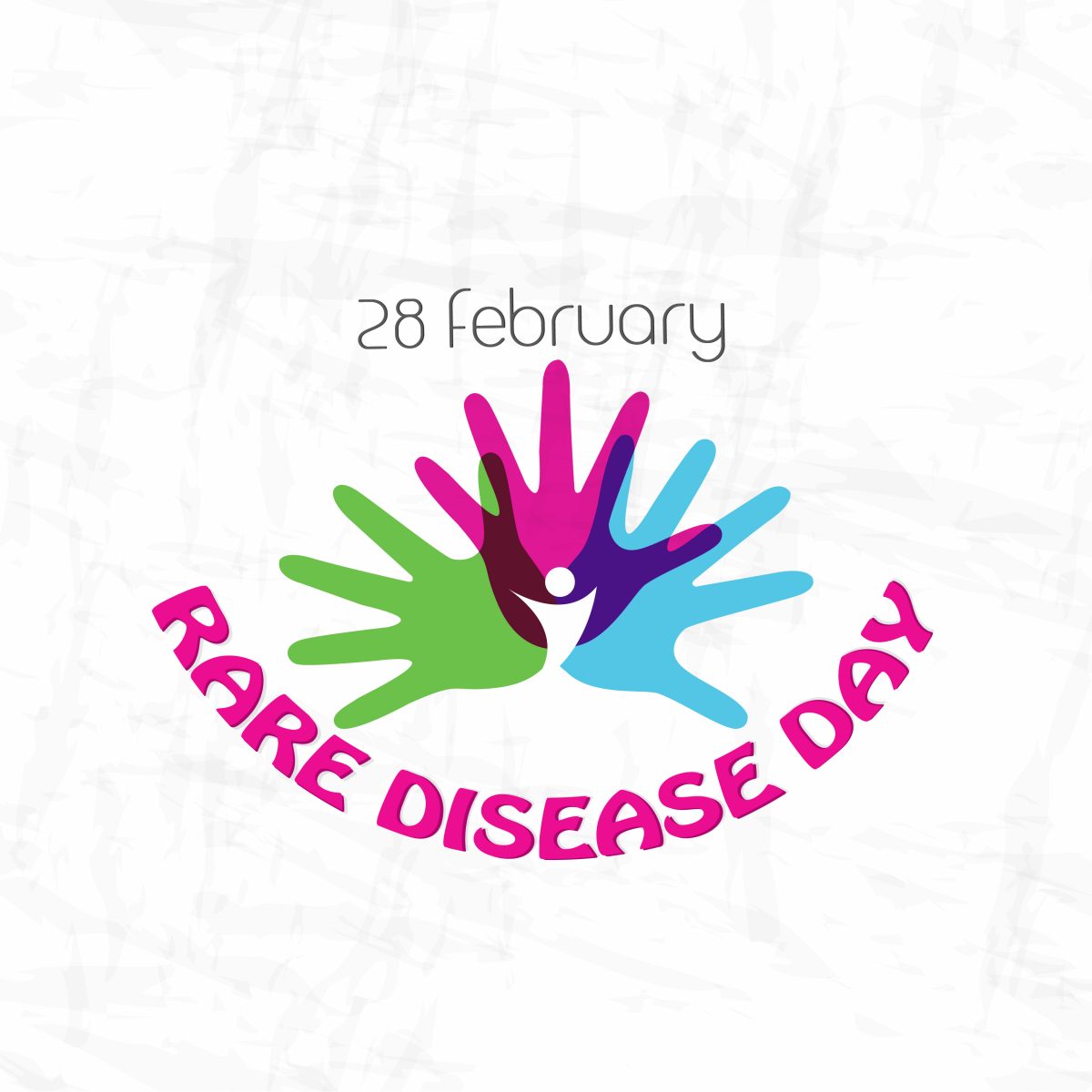$5 Million to Help Exonics Continue Work on Mutation-correcting Therapy for Duchenne MD
Written by |

CureDuchenne Ventures will give Exonics Therapeutics $5 million to advance research on a gene editing technology known as CRISPR/Cas9 that is aimed at correcting most of the mutations leading to Duchenne muscular dystrophy (DMD).
DMD is a rare X-linked genetic progressive muscle disease affecting nearly 15,000 boys in the United States and more than 300,000 worldwide, according to the nonprofit organization CureDuchenne. CureDuchenne Ventures is an organization that gathers capital to fight the disease.
Today is Rare Disease Day. It is dedicated to raising awareness about DMD and 7,000 other rare conditions, which together affect over 30 million Americans, half of them children.
The United States joined the campaign in 2009, making it a truly international affair. Events and campaigns have been organized ever since. In 2013 then-President Barack Obama wrote a letter proclaiming his support for the day.
The new CRISPR/Cas9 genome editing medical technology that Exonics is working on will have many applications in biomedical research, including treating human genetic diseases like DMD. CRISPR/Cas9 allows researchers to edit parts of a genome by removing, adding, or changing sections of the DNA sequence.
The acronym CRISPR stands for Clustered Regularly Interspaced Short Palindromic Repeats.
Exonics’ investment in CRISPR/Cas9 technology stems largely from the research of Eric Olson, the company’s scientific founder and chief science advisor.
Olson’s team demonstrated that the adeno-associated virus (AAV) can deliver a payload based on the technology that identifies and corrects mutations that prevent the production of dystrophin. Dystrophin is the key protein missing in DMD.
Research suggests that using the virus to correct mutations could be a way to treat up to 80 percent of children with the disease. Preclinical data about the approach is expected to be published in March of this year.
“This represents the next generation of potential Duchenne muscular dystrophy therapies. By leveraging the revolutionary CRISPR/Cas9 method to permanently correct errors in the DNA sequence, it is our hope that we can develop a one-time therapy that provides lifelong benefit to Duchenne patients,” Olson said.
“We look forward to working closely with the Duchenne community as we aggressively advance gene editing technology to address the significant unmet need for a curative therapy that would dramatically improve the lives of patients with Duchenne and their families,” said Jak Knowles, MD, Exonics’ president and interim chief executive officer. Knowles is also managing director of CureDuchenne Ventures and vice president of Medical and Scientific Affairs at CureDuchenne.





